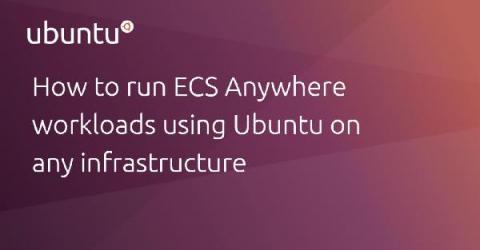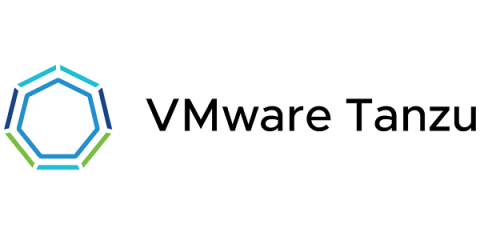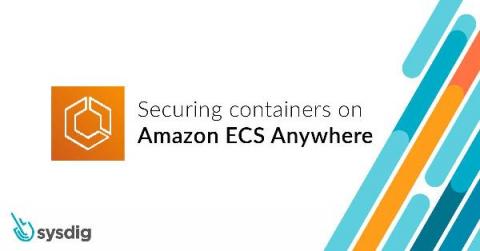How to run ECS Anywhere workloads using Ubuntu on any infrastructure
ECS Anywhere allows you to use Amazon Web Services’ container service outside of the AWS cloud, and Canonical is proud to be a launch partner for this service. Using Ubuntu as the base OS for your ECS clusters on-prem or elsewhere will allow you to benefit from Ubuntu’s world-leading hardware support, professional services, and vast ecosystem, in turn allowing your ECS clusters to run with optimal performance everywhere you need it.











